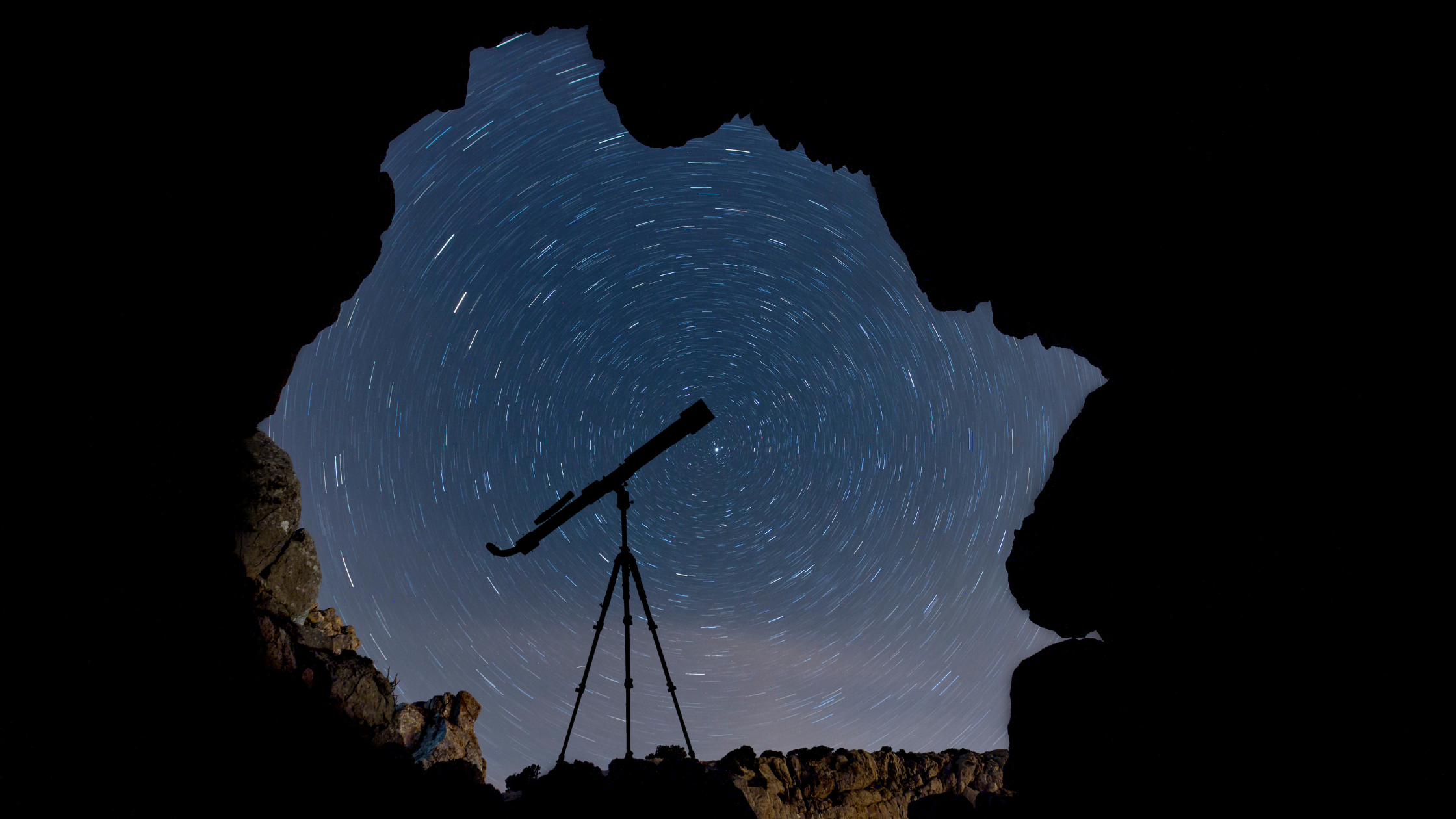Anna Lutkajtis, The University of Sydney, Australia
This is a summary of the article 'Four individuals' experiences during and following a psychedelic retreat in the Netherlands' that was published in the Journal of Psychedelic Studies, 2021. The complete article can be found here.
While psilocybin-assisted therapy is receiving a lot of attention as a potential breakthrough treatment for depression, the use of psilocybin has also been associated with positive outcomes in healthy people. For example, a recent study by Madsen et al. (2020) found that a single dose of psilocybin had long lasting beneficial effects on mood, personality, and mindfulness in healthy volunteers. Additionally, Mason et al. (2019) found that a single administration of psilocybin in a social retreat setting may be associated with enhancement of creative thinking, empathy, and subjective well-being.
While the causal mechanisms behind these effects are unknown, they may be related to psychedelic phenomena such as ego dissolution experiences, feelings of ‘awe’ and connection, and post-experience changes to behavior and beliefs (e.g. decreased fear of death, increased nature-relatedness). Another recent study, which included Synthesis participants in their large sample, showed that the level of communitas - togetherness, and interpersonal warmth and harmony among participants and with facilitators experienced during psychedelic guided group retreats - predicted positive increases in well-being up to a month after the experience took place.
This article describes the first time experiences of four healthy individuals who consumed a high dose of truffles containing psilocybin at a Synthesis Wellness Retreat between the months of September 2019 and February 2020. The data from this study was collected via a short online survey and a one hour Zoom interview. The four case studies presented here are part of a larger qualitative research study that is currently examining the psychedelic experiences of Synthesis Wellness Retreat participants.
Names are changed to protect confidentiality.
Jay
Jay is a man in his fifties, who had never taken a psychedelic before. Going into the retreat, Jay hoped to gain insight regarding his relationship with fear and also regarding a creative block that he was experiencing.
Jay described several key moments from his psychedelic experience, including a breakthrough regarding his creative block. He described a vision where he entered a space that was, “Very bright, very luminous, very beautiful and playful” and where he felt a connection with, “the muse of creativity.”
Jay also reported a very meaningful experience where he met with two deceased loved ones, who imparted a message:
“People come and people go and people die and people are born, but our essence is ever, ever, ever, ever present.”
From his experience, Jay reported coming away with, “a lot of information, a lot of knowledge, a lot of insights, a lot of peace.” He credited the truffle retreat experience with helping him move past his creative block and with giving him an increased ability to handle significant life challenges.
“It just gave me this feeling of serenity and acceptance and confidence in myself.”
Jay shared that the experience reminded him, “You have everything in you that you need to deal with life. You have all those tools already in you.” He said he believes that the psychedelic experience is very valuable, noting:
“I can't express enough how much gratitude I have and the respect I have for the substance itself and for those who are managing it and using it properly in responsible terms.”
Ian
Ian is a man in his fifties who had never taken a psychedelic before. After reading Michael Pollan’s book ‘How to Change Your Mind,’ Ian researched psychedelics online and decided to attend a Synthesis retreat. His main motivations for attending the retreat were to explore consciousness, gain insight regarding his career and to become calmer and “more grounded.”
Ian described his experience as being quite abstract yet incredibly profound. One of the most significant aspects of the experience was the presence of a light, which was always with him throughout his journey. Ian said, “All the way through that trip, when I encountered something difficult or scary, or something I couldn’t push through, I could always look up to see a light.” Most of the time, the light seemed to be partly obscured by an opaque screen, however at a pivotal moment in the experience - what Ian described as the ‘mystical’ part - the screen disappeared and the light “broke through.” When this happened, Ian heard a voice say, “You are not alone” and with this voice, he reported a,
“Very strong experience of not being alone … the certainty of not being alone and this feeling of light and love that was shining through everything… everywhere.”
Ian said the experience gave him “a certainty of the importance of love” and that since the experience he is, “closer to the world, the people around me, more open, more warm, loving …” He also described significant changes to his health and wellbeing, including a twenty kilogram weight loss in the year following the psychedelic retreat at Synthesis.
Carol
Also new to psychedelics, Carol is a woman in her fifties who came with the intentions to gain clarity regarding relationships, self-love and anger.
A significant part of Carol’s psychedelic experience involved a connection she made with one of the Synthesis guides, Jasmine, who helped comfort Carol during a moment of difficulty. During her encounter with Jasmine, Carol had a number of insights; an experience she described as feeling like, “Mainlining the universe.”
One key insight was the understanding that she was always taken care of, always loved and never alone. Other insights she reported were: “We are all connected, all one,” “Intimacy is an act of surrender,” and “Allow – just let things, situations, people, flow through and around me.”
Carol referred to her experience of insight as a “visceral understanding” that could be felt, “In every layer and every cell.” Although she cried throughout most of the session, Carol described the overall nature of the experience as being extremely positive, blissful and cathartic, like, “Fifty years of therapy in five hours.” She continued:
“The experience revealed to me in a very clear and powerful way, ways for me to be more loving and accepting of myself.”
As a result, she said that she is now happier, has a greater sense of ease around other people, experiences less anger, has more peace in her life and now feels that, “Death is nothing to be afraid of.”
Ben
Ben is a man in his forties, who came to Synthesis to have his first ever psychedelic experience. Ben attended the retreat because he wanted to, “Become more connected to nature and people” and “To love more.”
One of the most salient parts of Ben’s experience involved a period where he ‘became’ his pregnant wife. At some point during the experience, Ben felt that he was no longer in the session room, but was back in his bed at home. He noticed that he had developed a stomach ache, and when he felt his stomach with his hands he, “Realized it had become a lot bigger as well.” Ben then described realizing that he had become his wife:
“So there I was, holding this big stomach and at this point, I wasn't actually lying in the [retreat] room. I was back in my room upstairs at home. And I was in our bed. I was rubbing my tummy and it was really hurting and I realized I was pregnant. I'm lying in bed pregnant and I'm hurting and I'm uncomfortable. And then I realized that I'm actually my wife at this point. I'm now my wife and “I” wasn't there.”
Ben described the experience as feeling unquestionably real, saying, “It's not like you're imagining you're there, you are literally there in your room at home.” He said the experience allowed him to understand life from his wife’s perspective, noting, “You become someone else and you're in their shoes and you actually feel what they're feeling, it was just incredibly powerful.”
Ben shared that his psychedelic experience gave him new insights into his marriage and said he received clarification regarding, “What it means to love” and that the experience has made him more tolerant, accepting and empathetic towards others:
“It definitely changed my understanding of my place in the world and my human life and my connectedness to others.”
Ben also reported feeling more connected to nature and more curious about spirituality, noting: “I’m not worried about dying so much.”
Key Themes
While this article only reports on some of the most significant aspects of each participant’s first time psychedelic experience, there are some key themes that emerge from these narratives.
Firstly, while the content of each participant’s experience was highly unique and specifically meaningful to them, all participants reported typical ‘psychedelic effects’ including;
- Novel sensory-aesthetic effects,
- Psychodynamic-autobiographical experiences,
- Symbolic-archetypal experiences (particularly related to birth/death/rebirth and the universal quality of love),
- Heightened emotions,
- Changes to sense of self, and
- Mystical-type experiences.
Each participant reported key insights and described how these insights were related to significant changes in their lives. These insights were mainly about connection:
- Connection to self (e.g. increased self-confidence, self-love, self-acceptance),
- Connection to others (e.g. insights that involved relationships with significant others),
- Re-connecting with deceased loved ones,
- Experiencing life from the perspective of others,
- Connection to a broader relational ontology (e.g. understanding that one is connected to a larger universe or ecological system).
Participants in this study also reported significant changes to their sense of self. Specifically, they experienced;
- Changes to their self-other and self-world boundaries,
- A reduced sense of personal identity/narrative self,
- A feeling of interconnectedness and union with others and the world.
Such findings are consistent with the phenomenon of ‘ego dissolution’, which has been described as the feeling that one’s sense of being a separate individual self (or ‘I’) distinct from the rest of the world has diminished or dissolved.
Embodiment was also a key theme that emerged from these stories. Participants reported experiences such as inhabiting the body of another, insights that were felt viscerally, and after-effects that involved changes to the physical body. All participants said the experience was highly emotional, and a common bodily response of crying took place both during the psychedelic experience and during the interview.
However, while some participants reported moments of confusion or transient distress, all said that the overall emotional tone of the experience with truffles containing psilocybin was overwhelmingly positive. Hence, the crying seemed to be related to a process of catharsis or emotional release. In this study, no serious adverse events were reported.[1]
After-Effects
This study included a very small sample and results should thus be taken as preliminary, but they do indicate that there may be benefits for healthy individuals taking a high dose of truffles containing psilocybin in a supportive retreat setting.
Participants reported a range of positive after-effects, including psychological changes, interpersonal changes and changes to health and wellbeing. The three participants in this study who identified as ‘spiritual but not religious’ (Jay, Carol and Ben) also reported changes to their spiritual lives, including a deepening or reinforcement of their spiritual beliefs, an increased interest in spirituality, and a decreased fear of death. These after-effects had persisted for up to twelve months following the retreat, a finding which is consistent with other studies that have demonstrated that psilocybin, within a supportive therapeutic or retreat group setting can have long-term positive effects.
While this article did not discuss set and setting, it should be noted that the Synthesis Wellness Retreat program is explicitly aimed at personal transformation and includes a number of supportive practices that may potentiate the psychedelic experience and direct it towards this aim. These practices include intention setting, meditation, self-reflective journaling and breathwork. While an in-depth analysis of how these factors might shape participant’s experience with truffles containing psilocybin is beyond the scope of this article, future research should consider in more detail the influence of the Synthesis set and setting and how it might contribute to participant outcomes.
This study is unique in that it is one of the first studies to examine participant experiences where a high dose of the psychedelic compound psilocybin was consumed in the form of whole truffles in a group setting. It provides preliminary evidence to suggest that in a well-controlled and supportive retreat container, a high dose of truffles containing psilocybin can lead to enduring positive after-effects in healthy individuals. In such a setting, truffles appear to be safe and well tolerated.
Finally, it should be noted that while this article provides a brief summary of participant’s experience with truffles containing psilocybin, it does not capture the full complexity and features of each experience; it only presents some of the highlights. For more detail, read the full article here.
Ethics Statement
This study was approved by and carried out in accordance with the recommendations of The University of Sydney Human Research Ethics Committee. Participation was voluntary and no incentive to participate was provided. Names were changed for confidentiality reasons. All participants gave their written informed consent to participate and were told that they could withdraw from the study at any time.
References
Madsen, M.K., Fisher, P.M., Stenbæk, D.S. et al. (2020). A Single Psilocybin Dose Is Associated with Long-Term Increased Mindfulness, Preceded by a Proportional Change in Neocortical 5-HT2A Receptor Binding. European Neuropsychopharmacology, 33, 71-80.
Mason, N.L., Mischler, E., Uthaug, M.V. et al. (2019). Sub-Acute Effects of Psilocybin on Empathy, Creative Thinking, and Subjective Well-Being. Journal of Psychoactive Drugs, 51(2), 123-134.
[1] This was the case for both the sub-sample of case studies (n = 4) and the complete data set (n = 30).












